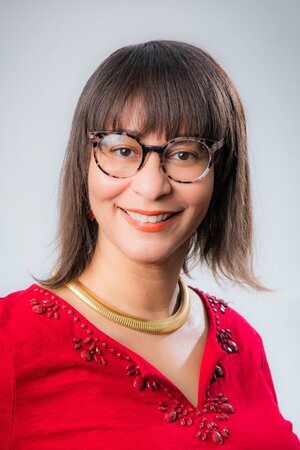Finding Help for the Wounds of Discrimination and Racism
Black History Month is an opportunity to appreciate and acknowledge the contributions of the African-American people into the tapestry of our Nation’s history. We encourage you to take some time to learn more about the origins of Black History Month.
In 1967, Dr. Martin Luther King Jr. stated, “there are so many problems facing our nation and our world that one could just take off anywhere, [and although we are to] rise above the obstacles of racism, American society has made the [African American’s] color a stigma”. The year of 2020, marked by televised incidents of violence, discrimination, racial abuse, polarized politics with contradictory religious beliefs and civil unrest, highlighted the importance of continuing to address racial reconciliation and the negative effects of discrimination.
Racial prejudice affects people on a deeply personal level. From his research, Dr. Williams (2018) concluded that “experiences of discrimination violate cultural expectations of fairness, morality, dignity and rights”. According to Williams (2018), racial prejudice
humiliates and shames an individual by making their color a mark of disgrace;
depersonalizes them by turning a living, breathing, and intelligent human being into an object;
demoralizes an individual, making the person experience profound feelings of exclusion, exposure, and discouragement. People impacted by racial abuse tend to have higher emotional distress, lower feelings of life satisfaction and happiness, experience hyper-awareness, and are constantly on the alert to protect themselves from being discriminated against. They often endure increased levels of anger, anxiety, and depression;
Lastly, it creates a barrier to finding help needed to treat these psychological issues that can trigger unconscious fears of unfair treatment in the mental health profession. Those fears can guide expectations and interactions on the part of both clients and therapists often resulting in a feeling of reduced quality of service (Listen to this week's podcast on "Who is the right therapist for People of African Descent? ").
As a therapist, I know the positive impact counseling can have on our health and well-being. As an African-American, however, I know people of color need to be persistent in their pursuit of mental health and wellness, even if it is out of our cultural norms and in the face of our fears of racial bias.
Here are some Bible verses that can validate what to look for when selecting a therapist who is culturally intelligent:
I John 2:9 states “Whoever says he is in the light and hates his brother is still in darkness”. A culturally intelligent therapist embodies the qualities of love. They are patient and kind. Because their focus is not on themselves and their bias, they are humble enough to learn about you and your experience. They are not rude, and they do not get angry when discussing your culturally sensitive experiences.
Galatians 3:28 says, “There is neither Jew nor Greek, there is neither slave nor free, there is no male and female, for you are all one in Jesus Christ.” A culturally intelligent therapist sees you as an individual. They know you are their equal in this human experience we call life.
John 7:24 states, “Do not judge by appearances, but judge with right judgement”. A culturally intelligent therapist will go beyond the color of your skin to the interior of the person for treatment. Because they understand this is where connection, empathy, and relate-ability exist.
Lastly, Romans 2:11 says, “For God shows no partiality”. No matter how you choose to purse your mental wellness, and no matter who you encounter, you are complex and beautiful. You have intrinsic value, are worthwhile and important. Will you pursue your healing from abuse and racial discrimination, or will you let the wounds of the past hold you back from what you are meant to have and who you are meant to be?
Dawn A. Plummer is a Registered Mental Health Counselor with Wellspring Counseling.



